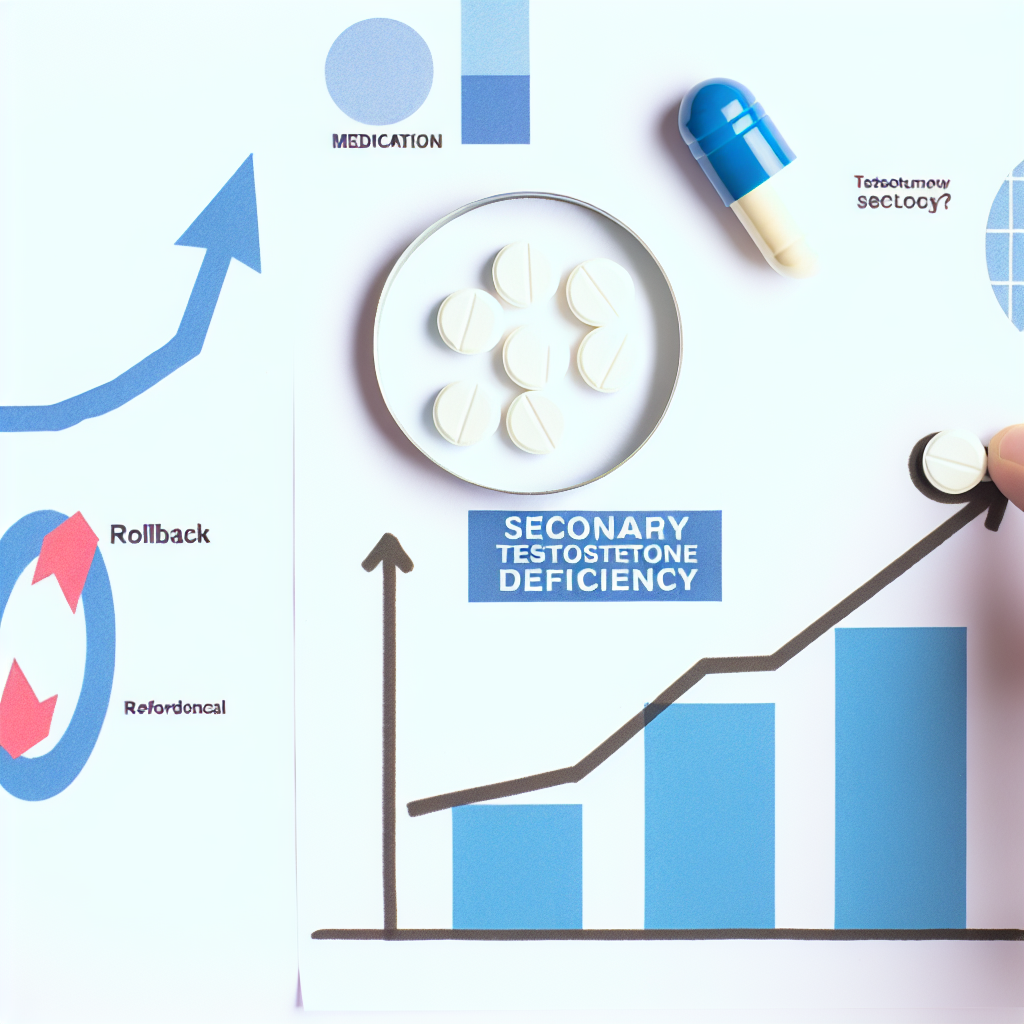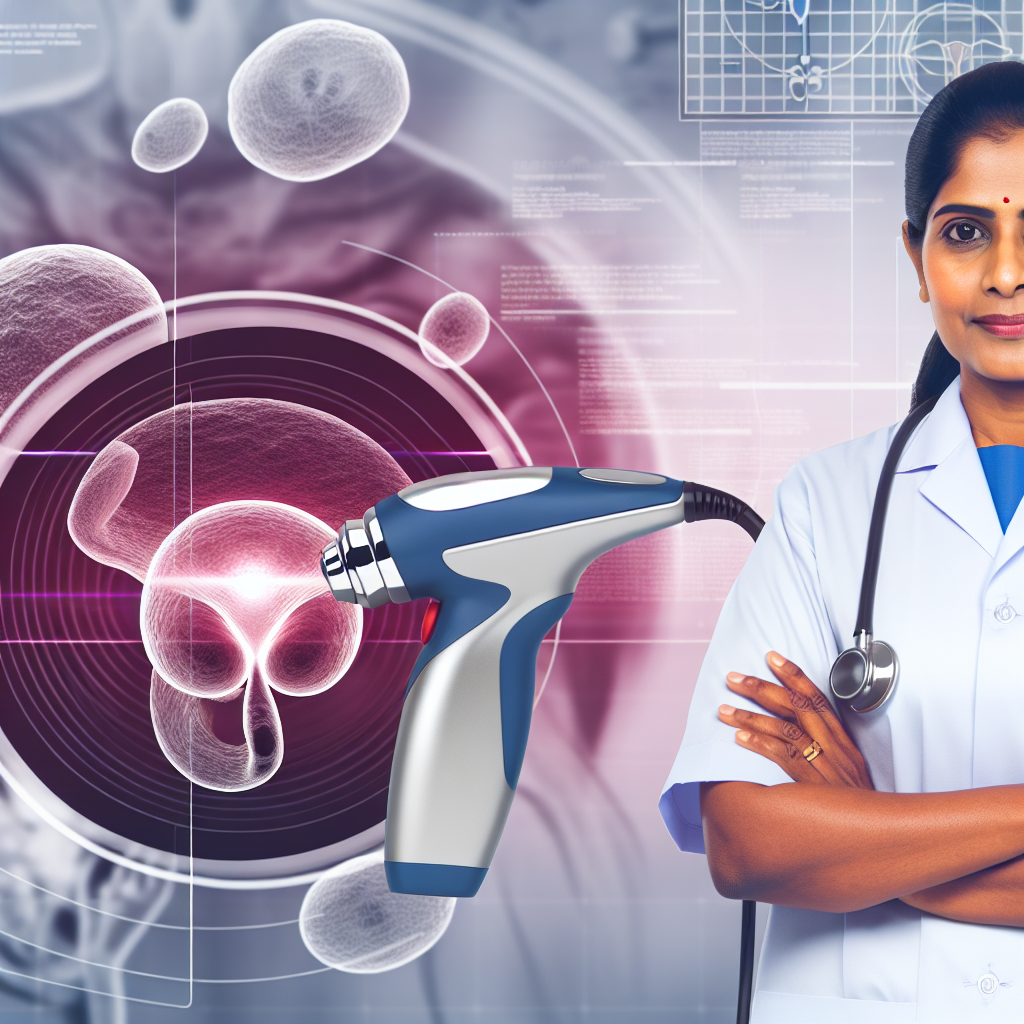Secondary Testosterone Deficiency: Reversing Medication-Induced Low T
Understanding the Hidden Cause of Low Testosterone
Testosterone is a critical hormone in men responsible for regulating muscle growth, bone density, sex drive, mood, and energy levels. While it’s often linked to aging, a lesser-known yet significant cause of low testosterone is Secondary Testosterone Deficiency, particularly induced by long-term use of certain medications. Known medically as Medication-Induced Secondary Hypogonadism, this version of Low T is becoming more prevalent among men of all ages—ranging from teenagers to seniors—as more prescription drugs interfere with the hormonal axis controlling testosterone.
What Makes It “Secondary”? The Brain-Testes Disconnect
Secondary hypogonadism stems not from damage to the testes as seen in primary cases but from dysfunction in the hypothalamus or pituitary gland. These brain structures regulate testosterone levels by sending luteinizing hormone (LH) and follicle-stimulating hormone (FSH) signals. Disruption here inhibits the body’s natural testosterone production. Medications that can impair this signaling include:
– Opioids
– Corticosteroids
– Antidepressants (SSRIs, SNRIs)
– Ketoconazole and other antifungals
– Chemotherapy agents
Additionally, substances like alcohol and illicit drugs may also contribute to suppression of the HPT axis.
Misdiagnosed and Misunderstood: The Symptoms You Shouldn’t Ignore
The slow development of medication-induced Low T symptoms often causes them to be mistaken for normal aging or mental health issues such as depression. Recognizing the signs early is crucial:
– Chronic fatigue
– Reduced libido or sexual dysfunction
– Decreased ejaculate volume or infertility
– Loss of muscle mass and increase in abdominal fat
– Mood swings, depression, or irritability
– Impaired memory or difficulty concentrating (often called ‘brain fog’)
These symptoms can significantly affect relationships, confidence, and productivity. If you’re on long-term medication and experience any of these, it’s time to consider a hormonal checkup.
Reversing the Damage: How Treatment Can Restore Testosterone Naturally
The positive news is that medication-induced testosterone suppression can often be reversed through early intervention. Treatment strategies include:
– Revisiting current medications with a healthcare provider to find less hormonally disruptive alternatives
– Initiation of Hormone Replacement Therapy (HRT) in cases of persistently low testosterone
– Use of medications like clomiphene citrate or hCGlifestyle changes—including strength training, weight reduction, sleep optimization, and stress management
Each treatment should be personalized based on the underlying cause and the individual’s long-term health goals.
What the Science Says: Groundbreaking Research on Medications and Hormone Suppression
Current research overwhelmingly supports a connection between certain medications and testosterone suppression:
🔬 A study in the Journal of Clinical Endocrinology & Metabolism found over 70% of long-term opioid users had significantly lower testosterone.
🔗 Read the study
🔬 A 2020 study in Psychoneuroendocrinology revealed that SSRIs disrupted HPT axis function, lowering testosterone and affecting mood regulation.
🔗 Read the study
🔬 Research summarized in the Mayo Clinic Proceedings indicated up to 40% of patients on corticosteroids experience suppression of testosterone-related hormone signals.
🔗 Read the study
Other publications spotlight medications like antifungals and chemotherapies as key disruptors of testosterone production through pituitary interference or testicular toxicity.
There Is Hope: Paths to Recovery and Hormonal Balance
Recovery is not only possible—it’s realistic when the issue is detected early. The path to hormonal balance includes:
– Stopping or switching medications only under medical supervision
– Starting testosterone therapy if natural production doesn’t resume
– Gonadotropin therapy (e.g., hCG) to restore both testosterone and sperm production
– Implementing sustainable diet and exercise regimens
– Regular monitoring with blood tests to ensure hormonal levels are within healthy ranges
A multidisciplinary team—including primary doctors, urologists, and endocrinologists—can collaboratively design and monitor your recovery journey.
Know the Warning Signs—And Take Action
If you’re experiencing symptoms of Low T and are on medications like opioids, antidepressants, or corticosteroids, there’s a good chance your testosterone is being suppressed. Since secondary hypogonadism is often reversible, early detection through hormonal panels and patient education is vital.
✅ Don’t normalize feeling tired or sexually disengaged.
✅ Request a comprehensive hormone work-up.
✅ Understand your treatment options.
It’s not just about testosterone—it’s about restoring vitality, mental clarity, and confidence. You deserve to feel your best regardless of age or medical history.
Resources and References
Below are peer-reviewed sources that support this content:
1. Rubinstein, A.L., et al. (2013). Opioid-induced androgen deficiency in men receiving chronic opioid therapy. J Clin Endocrinol Metab.
🔗 Read Study
2. McIntyre, R.S., et al. (2020). SSRIs and hormone disruption: The serotonin-testosterone pathway. Psychoneuroendocrinology.
🔗 Read Study
3. Katznelson, L., et al. (2015). The impact of glucocorticoids on testosterone and bone metabolism. Mayo Clinic Proceedings.
🔗 Read Study
4. Nieschlag, E., et al. (2010). Testosterone therapy: Replacement and augmentation options. Endocrine Reviews.
🔗 Read Study
5. Basaria, S. (2009). Male hypogonadism. The Lancet.
🔗 Read Study
Concise Summary
Medication-induced secondary testosterone deficiency is a reversible yet underdiagnosed form of Low T resulting from long-term use of drugs like opioids, antidepressants, and corticosteroids. It disrupts the brain’s signal to the testes, lowering hormone production and causing fatigue, low libido, depression, and weight gain. With early detection through hormone testing and a combination of lifestyle changes, drug reassessment, and hormone-stimulating therapies, many men can restore normal testosterone levels and regain vitality. Professional guidance from healthcare providers is essential for safe and effective treatment.
✨ If you suspect your medication is affecting your hormones, talk to your doctor. It could change your life.

Dominic E. is a passionate filmmaker navigating the exciting intersection of art and science. By day, he delves into the complexities of the human body as a full-time medical writer, meticulously translating intricate medical concepts into accessible and engaging narratives. By night, he explores the boundless realm of cinematic storytelling, crafting narratives that evoke emotion and challenge perspectives. Film Student and Full-time Medical Writer for ContentVendor.com




